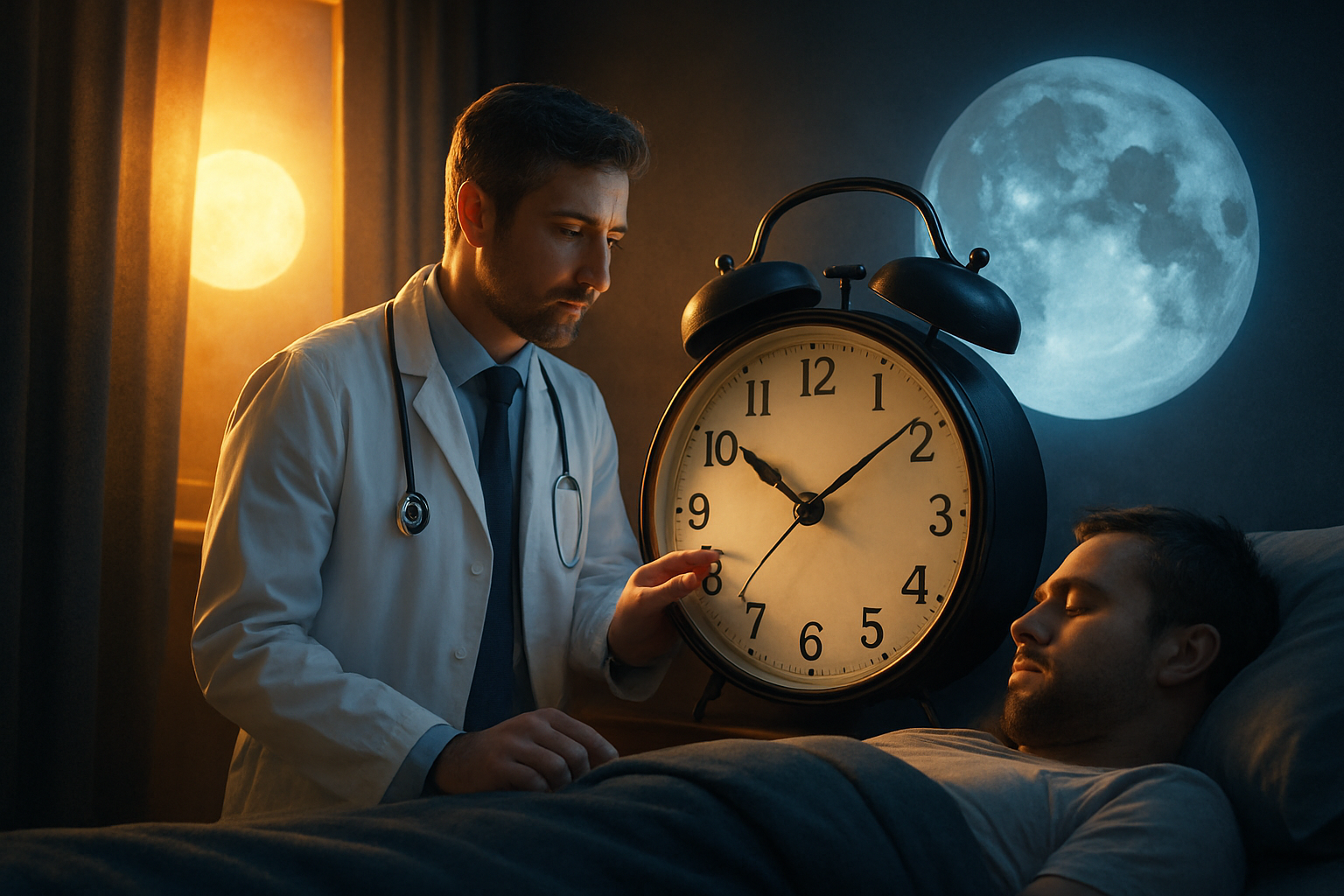Insomnia treatment: therapies, medicine, and self-care
Chronic difficulty falling or staying asleep affects mood, concentration, and overall health. Insomnia treatment spans behavioral strategies, targeted therapies, and, in some cases, short-term medication. Understanding common causes and matching treatment to individual needs helps people move from feeling constantly tired to restoring more consistent sleep patterns. This article outlines evidence-based options, what to expect from medicine, and when to consult a therapist or local services.

This article is for informational purposes only and should not be considered medical advice. Please consult a qualified healthcare professional for personalized guidance and treatment.
Health causes that contribute to insomnia
Many health factors can trigger or perpetuate insomnia. Pain, chronic respiratory problems, endocrine disorders (like hyperthyroidism), gastrointestinal reflux, and neurological conditions can fragment sleep. Mental health issues such as anxiety and depression commonly co-occur with insomnia and can both cause and result from poor sleep. Lifestyle contributors—shift work, irregular sleep schedules, excessive caffeine or alcohol, and certain prescription or over-the-counter medicines—also interfere with sleep. A focused evaluation by a clinician can help identify medical or psychiatric contributors and guide a treatment plan tailored to the underlying health problems.
What treatment approaches are commonly used?
Insomnia treatment usually begins with nonpharmacologic strategies. Sleep hygiene and behavioral approaches—regular bedtimes, limiting screen exposure before bed, reducing caffeine late in the day, and reserving the bedroom for sleep and intimacy—are foundational. Cognitive behavioral therapy for insomnia (CBT‑I) is a structured program that addresses thoughts and behaviors that maintain insomnia and has strong support in clinical guidelines. Relaxation techniques, stimulus control, and sleep restriction are other components often included. These approaches aim to change learned patterns and can produce durable improvements without medication side effects.
Why you still feel tired and how to evaluate daytime symptoms
Feeling persistently tired despite time in bed can reflect poor sleep quality, insufficient deep or REM sleep, frequent awakenings, or circadian misalignment (sleep occurring at the wrong biological time). Daytime consequences include slowed thinking, irritability, reduced productivity, and increased accident risk. Keeping a sleep diary for two weeks and noting daytime functioning can help clinicians quantify the problem. Tools such as actigraphy or polysomnography are used in specific situations—when sleep apnea, periodic limb movements, or other sleep disorders are suspected—to identify physiological causes that require targeted treatment.
How medicine can help and what to consider
Medicines for insomnia can be useful for short-term relief or when behavioral methods are insufficient, but they have limitations and risks. Prescription options include sedative-hypnotics, certain antidepressants used at low doses for sleep, and other agents like melatonin receptor agonists in specific circumstances. Over-the-counter antihistamines and supplements are sometimes used, but they can cause next-day grogginess or interact with other drugs. Medication is often prescribed for limited periods while behavioral therapies are initiated. Decisions about medicine consider age, medical history, potential dependence, side effects, and whether other sleep disorders or substances are contributing.
When to see a therapist and how to find local services
Seek professional help when insomnia is chronic (lasting months), significantly impairs daytime functioning, or coexists with mood symptoms, substance use, or complex medical conditions. A therapist trained in CBT‑I, a sleep medicine specialist, or a primary care clinician knowledgeable about sleep disorders can evaluate and coordinate care. Many regions offer in-person CBT‑I through mental health clinics, sleep centers, or behavioral sleep medicine specialists; online CBT‑I programs and telehealth therapists provide accessible alternatives. When searching for care in your area, ask about specific insomnia training, session format, expected duration, and whether the provider collaborates with medical teams for a comprehensive approach.
Conclusion
Treating insomnia typically blends behavioral interventions, attention to underlying health contributors, and selective use of medication when appropriate. Nonpharmacologic approaches like CBT‑I and good sleep habits are first-line because they address underlying behaviors and thoughts and reduce long-term reliance on medicines. Medication may help in the short term or when insomnia is severe, but it should be used with clear goals and monitoring. Evaluating daytime tiredness and considering medical or psychiatric causes guides safer, more effective care. Working with a qualified clinician or therapist—either locally or via telehealth—can help develop a personalized plan that restores more reliable sleep and better daytime functioning.






